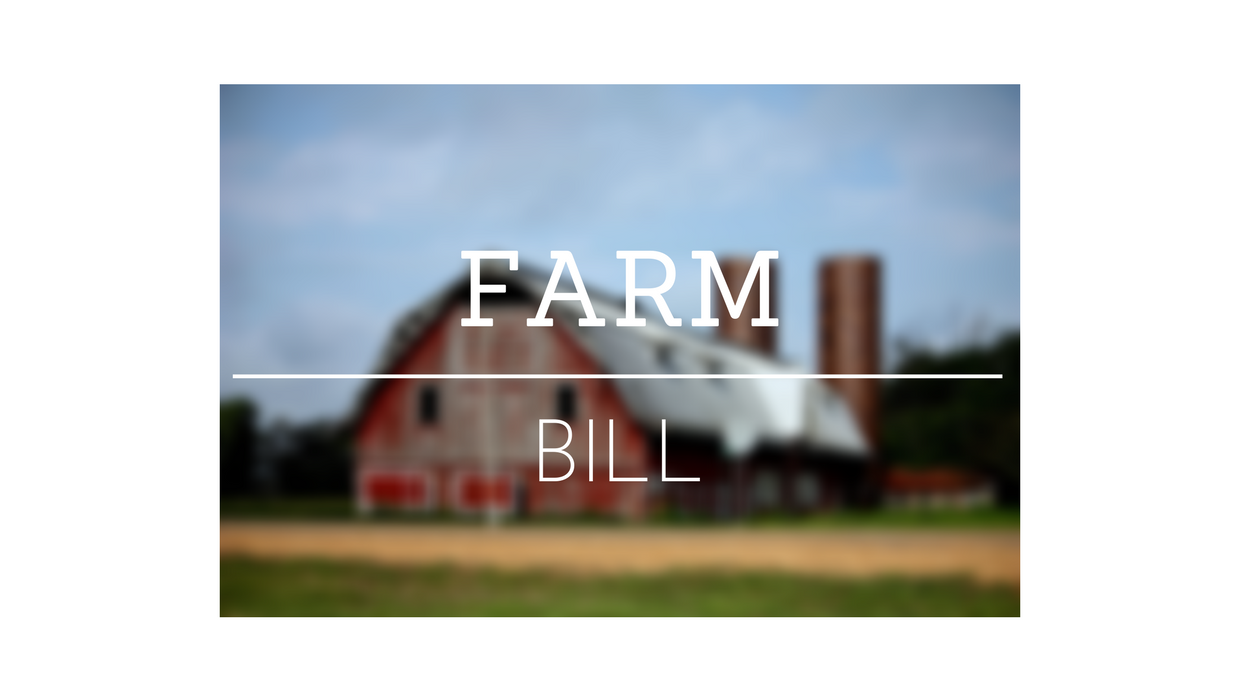Ag leaders in the U.S. House of Representatives and Senate have reached an agreement on a 2018 farm bill, Nov. 29.
House and Senate Agriculture Committee Chairmen Mike Conaway, R-TX, and Pat Roberts, R-KS, and Ranking Members Colin Peterson, D-MN, and Debbie Stabenow, D-MI, released the following statement: “We’re pleased to announce that we’ve reached an agreement in principle on the 2018 Farm Bill. We are working to finalize legal and report language as well as CBO scores, but we still have more work to do. We are committed to delivering a new farm bill to America as quickly as possible.”
This news has been expected among ag policy experts. Joe Outlaw, professor and Extension economist and co-director of AFPC, said in his address to the Texas Wheat Symposium Nov. 27 in Amarillo that the conferees were “very, very close to a bill” but that he was unable to share specifics just yet.
“I’ve had very good conversations with the people who write it, and I can say there’s about five things wheat farmers will be happy with,” Outlaw said. Most of the improvements have some sort of connection to making U.S. Department of Agriculture service agencies more efficient for farmers.
This is the sixth farm bill Outlaw has seen in his career and he said what makes this one so challenging is the need to write one within budgetary constraints. There’s no money, and it’s all about finding savings, he said.
Fortunately for cotton farmers and dairymen, the seed cotton coverage and dairy program enhancements that were passed in the bipartisan budget act are a done deal, he added. If those still needed to be ironed out and added to a farm bill, Outlaw said it would be an even bigger challenge to getting one passed.
Passing a farm bill is critical not just to farmers, but more specifically to their lenders, Outlaw said.
“You need a farm bill safety net because your lenders need you to need it,” Outlaw explained. “Regulators won’t sign off on them lending for agriculture if crop insurance wasn’t there to protect you as part of the safety net.” The farm bill gives certainty in an uncertain price environment, he said. And that certainty allows producers to qualify for operating loans that can get them to the next production year when the price environment might change for the better.
Jennifer M. Latzke can be reached at 620-227-1807 or [email protected].
